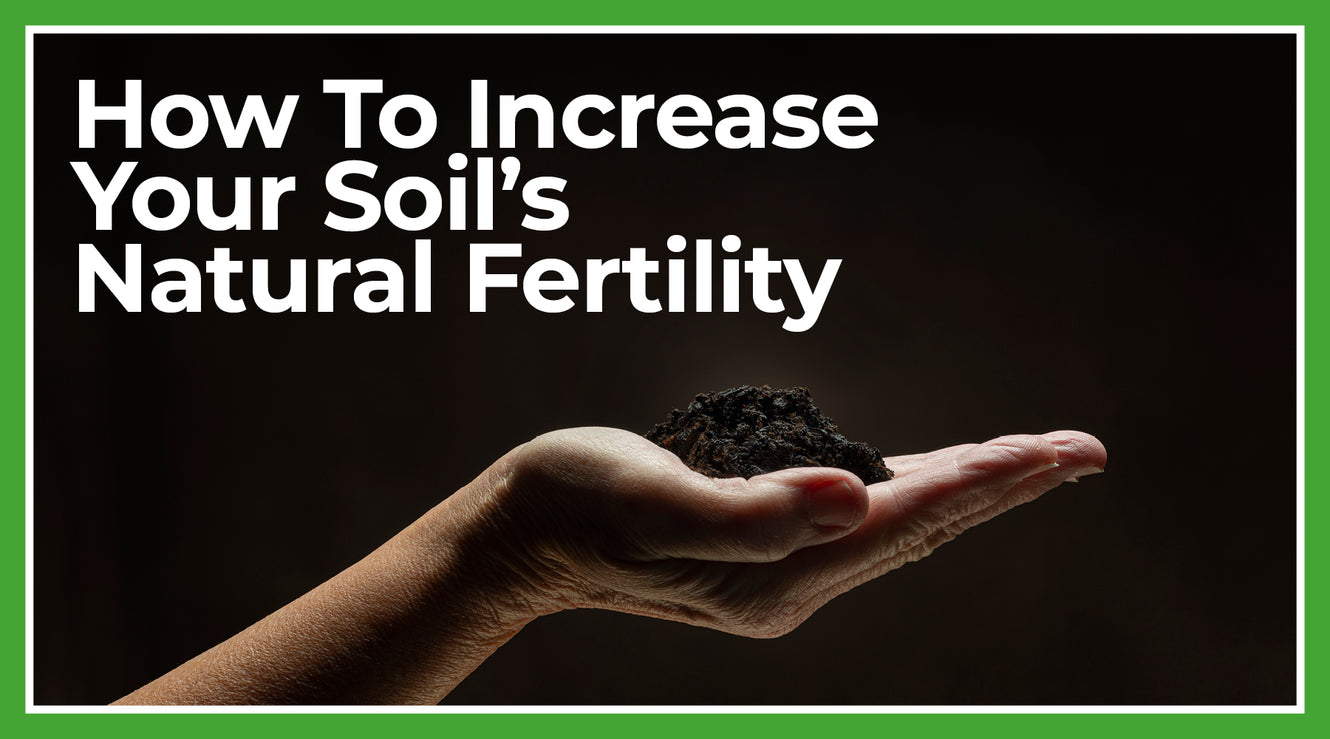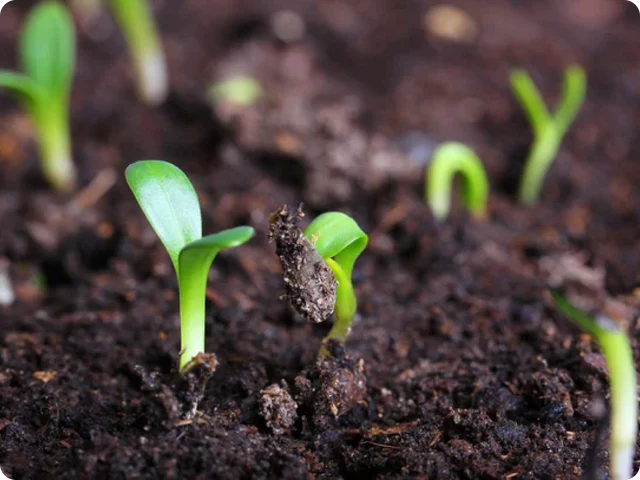What Is Soil Fertility?
Soil fertility refers to the ability of soil to provide a favourable physical, chemical and biological habitat to aid in plant growth sufficiently. Plants need the right balance of nutrients in the soil to grow. The natural fertility of soil acts as an essential go-between for plants, shipping nutrients, water and oxygen to roots to help facilitate growth and allow them to thrive.
Understanding Soil Fertility
Knowing what factors affect soil fertility and understanding how to check soil fertility can help growers optimise plant yield at essential times in the season.
Measuring Soil Fertility
Soil testing is vital for measuring soil fertility at peak growing times. A soil test can gather data on essential nutrients, moisture levels and other necessary chemical confines. Soil testing allows you to identify what nutrients may be lacking in your soil and hindering plant growth so you can add fertiliser accordingly.
Soil tests can be taken using a shovel or tube soil probe. The topsoil zone is typically of primary importance for crop growers. A simple soil test will show relevant levels of essential macronutrients such as nitrogen, potassium and phosphorus, though more in-depth tests are available depending on your specific needs.
Factors Affecting Soil Fertility
Harnessing the Power of Organic Matter
Effective Composting Techniques
Composting is ideal if you’re seeking other ways to learn how to improve soil fertility naturally. Composting lets you manage your organic waste and reduce landfills, making it an eco-friendly way to create nutrient-rich soil.
A few critical materials are needed to start and maintain a compost effectively. Place the pile in a sunny position. Combine dry brown matter (such as leaves and newspaper) with wet green matter, such as kitchen scraps and clippings, to boost nitrogen. Sprinkle the pile regularly with water and turn it once weekly to encourage decomposition.
If you’d like to speed up the decomposition process, build on nutrients and reduce compost odour, Supersoil can be added by following these simple steps,
Enhancing Soil Health with Cover Crops
Cover crops are grown to prepare the soil for successful future harvests. These crops provide many benefits to both farmers and gardeners.
Planting cover crops can add to the natural fertility of the soil. Many cover crops can recycle or add nitrogen, which can later be used to feed future crops. This is especially true of legume crops (due to their relationship with soil bacteria).
These crops can improve soil fertility by increasing nutrient efficiency and reducing erosion. They also reduce soil compaction, improve soil texture, and can control weeds.
Planting cover crops often leads to better water infiltration and water retention in the soil.
Implementing Crop Rotation
Whether you have a farm or a simple garden patch, planning an effective crop rotation strategy can prevent your soil from degrading quickly.
The type of plants you choose to grow will significantly impact your soil and its fertility. This is because some plants require certain nutrients more than others. Switching up the plants in your plot can lower your chance of pests and diseases and maximise your harvest.
Familiarise yourself with the different crop families, as they share the same nutrient and soil requirements, vulnerabilities, and influences on soil.
Before planting, test soil composition and understand local weather patterns to be sure plant requirements can be met.
Natural Soil Amendments
Depending on your specific soil needs, various natural amendments can be added to the soil to encourage a healthy overall balance. There are commonly animal-based, mineral-based and plant-based amendments. These encourage improved soil structure, which helps distribute nutrients and promote moisture retention.
For example, adding lime is an effective and beneficial way to raise your soil pH level and reduce acidity.
In comparison, gypsum improves aeration levels in compacted soil and allows it to drain better.
Bone meal can also increase phosphorus levels, and is excellent for assisting in developing resilient root systems, and providing calcium to plants. It can also effectively balance out other soil amendments.
Beneficial Microorganisms
Microorganisms can genuinely do wonders for your soil. Beneficial microorganisms can balance properties present in soil and contribute to fertility and soil health in many ways.
The excretions of these microbes can help enhance and boost the stability of soil aggregates. Beneficial microbes in the soil are directly linked to the nutrient recycling of specific elements such as carbon, nitrogen, phosphorus and sulphur, which are essential for stimulating plant growth.
They can increase the content of organic soil matter by effectively decomposing plant and animal residues.
Nitrogen-fixing bacteria can also encourage better soil fertility by converting nitrogen gas into organic compounds.
Fostering a Thriving Soil Biome
You can encourage and maintain a healthier and more diverse soil microbiome with a few simple steps. Microorganisms love a moist environment, garden compost and mulch bedding (as they need lots of organic matter to thrive).
Cover crops can also help encourage the development of healthy soil.
To maintain a healthy environment for your soil microbiome, it’s essential to avoid using chemical fertilisers. These can quickly destroy entire populations of microorganisms in our soil.
Stick to an organic fertiliser like Supersoil, which is packed full of healthy soil microbes that assist with the decomposition of organic matter to deliver essential nutrients to plants. With excellent nutrient cycling abilities, Supersoil can quickly improve soil structure and fertility.
Improve Soil Fertility With Supersoil
Supersoil’s organic fertiliser is in a league of its own when it comes to improving soil fertility and supporting healthy soil ecosystems on our planet. Our advanced technology uses microbes to draw down nitrogen, restore fertility in the soil and deliver unparalleled plant growth benefits – all while being 100% natural.





